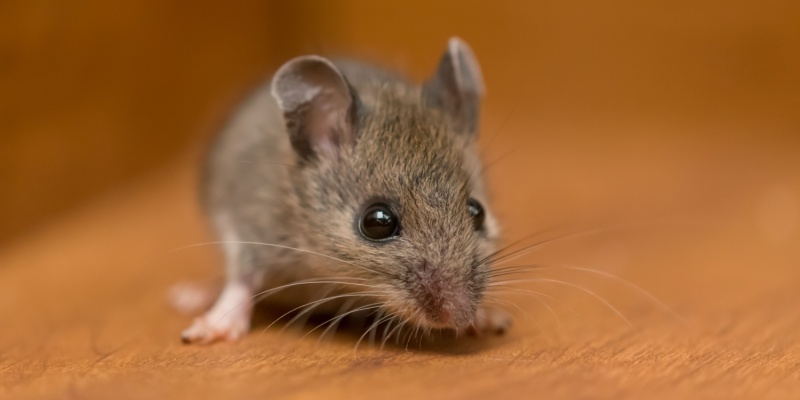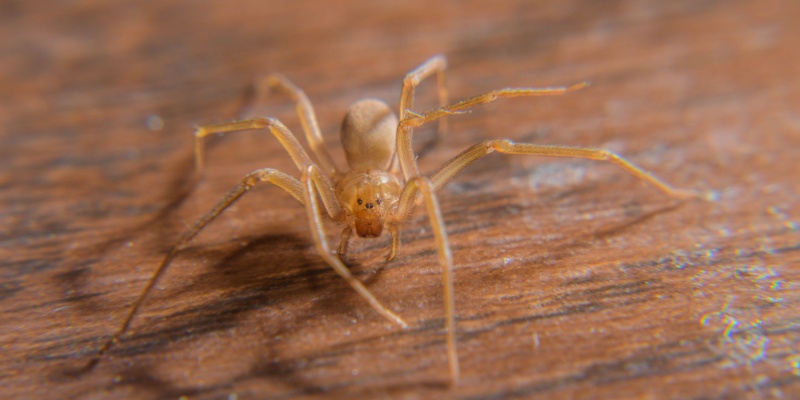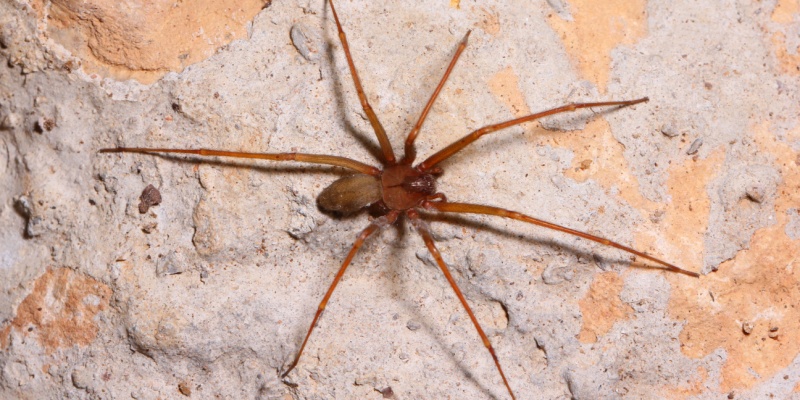Mice can be more than just a nuisance; they can pose significant health risks and cause damage to your home. These small rodents are adept at finding their way into homes in search of food, water, and shelter. If you’ve discovered a mouse problem in your home, you might be wondering if you can handle it on your own. While it is possible, there are several factors to consider before deciding whether to DIY or call in a professional.
Identifying a Mouse Infestation
1. Signs of Mice in Your Home
Mice leave behind several telltale signs of their presence. Look for droppings, which are small, dark, and pellet-shaped. You might also notice gnaw marks on food packaging, furniture, or wires. Mice tend to create nests from soft materials like paper, fabric, or insulation, so finding shredded materials in hidden areas is another indicator.
2. Unusual Noises
Mice are nocturnal and most active at night. If you hear scratching or scurrying sounds in the walls, ceilings, or under the floors, it’s a strong sign that mice are present. These noises are often most noticeable at night when the house is quiet.
3. Grease Marks and Tracks
As mice travel, they leave behind greasy marks from their fur along walls and baseboards. You might also notice small footprints or tail marks in dusty areas. These tracks can help you identify the paths they frequently use.
DIY Methods to Eliminate Mice
1. Setting Traps
One of the most common DIY methods for getting rid of mice is setting traps. Snap traps are effective and humane if used correctly. Place traps in areas where you’ve noticed mouse activity, such as along walls, near nests, or where droppings are found. Bait the traps with food items like peanut butter, chocolate, or cheese.
2. Using Bait Stations
Bait stations contain rodenticides that attract and poison mice. While effective, they should be used with caution, especially if you have pets or small children, as the poison can be harmful. It’s also important to ensure that the bait stations are placed in secure locations to avoid accidental ingestion.
3. Sealing Entry Points
Preventing more mice from entering your home is crucial. Inspect your home for any potential entry points, such as gaps around doors and windows, cracks in the foundation, or holes in walls. Seal these openings with materials like steel wool, caulk, or expanding foam to keep mice out.
4. Maintaining Cleanliness
Mice are attracted to food and clutter. Keep your home clean by storing food in airtight containers, promptly cleaning up spills, and regularly taking out the trash. Declutter areas where mice might find shelter, such as basements, attics, and garages.
Challenges of DIY Mouse Control
1. Incomplete Elimination
While DIY methods can be effective, there’s a risk of not completely eliminating the mouse population. Mice reproduce quickly, and missing even a few can lead to a reinfestation. Professional pest control services have the expertise and tools to ensure thorough eradication.
2. Health Risks
Handling traps and rodenticides comes with health risks. Mice can carry diseases, and improper handling of poisons can pose dangers to you, your family, and pets. Professionals are trained to handle these substances safely.
3. Time and Effort
DIY mouse control requires time and effort to monitor traps, seal entry points, and maintain cleanliness. If you’re dealing with a large infestation, it can be overwhelming and time-consuming. Professionals can address the problem more efficiently.
When to Call a Professional
1. Persistent Infestation
If you’ve tried DIY methods and the infestation persists, it’s time to call a professional. Pest control experts have the knowledge and experience to identify the extent of the problem and implement more effective solutions.
2. Large Infestations
For large or widespread infestations, professional intervention is often necessary. Pest control companies can deploy more comprehensive treatments that target all areas of your home, ensuring complete eradication.
3. Health Concerns
If you have health concerns, such as allergies or sensitivities to rodenticides, or if you’re worried about the safety of your family and pets, it’s best to seek professional help. Professionals can use safer, targeted treatments that minimize risks.
While it is possible to get rid of a mouse problem on your own using traps, bait stations, and sealing entry points, there are significant challenges and risks involved. For persistent or large infestations, or if you have health concerns, it’s advisable to call a professional pest control service. They can provide thorough, efficient, and safe solutions to protect your home and family from mice.



